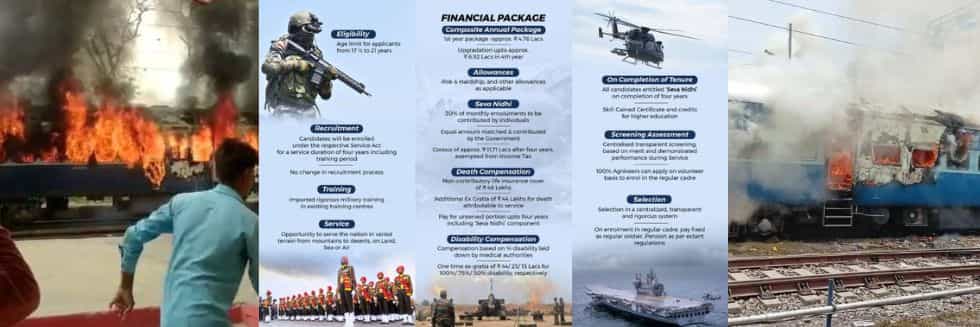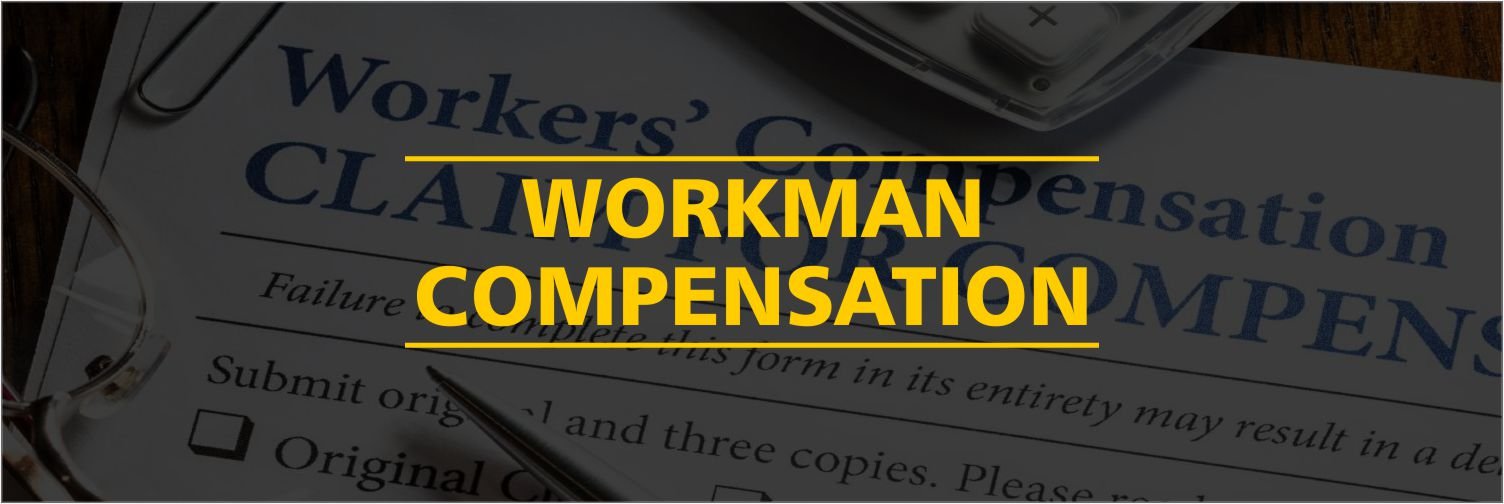Overview
Armed forces Tribunal is a special Military Tribunal set up in India, according to the provisions of Armed forces Tribunal Act,2007 to provide redressal mechanism for the personnel of three armed forces namely, Army, Air Force and Navy. The AFT Act was formulated by recommendation of 169th Law Commission Report and various directives of the Supreme Court. There are two type Of Benches Associated with Armed Forces Tribunal, Principal Bench which is situated at New Delhi and Eight Regional Benches situated at Chandigarh, Lucknow, Kolkata, Guwahati, Chennai, Kochi, Mumbai, and Jaipur.
Composition
The AFT comprises of Chairperson and two types of members namely, judicial members and Administrative members. The strength of these members is decided by Central Government respectively. Generally, each bench consists of one judicial member and one administrative member. After the amendment of 2012, the tenure of chairpersons and members has been increased to five years from four years, but they will not be eligible for the reappointment.
Qualification[1]
- Chairperson- Retired judge of Supreme Court or Retired Chief justice of the High Court.
- Judicial Person – must be a judge of the High Court.
- Administrative Member- must hold the rank of Major General or above in Army or equivalent rank in Navy or Airforce.
Jurisdiction
- The tribunal derives the power to adjudicate any matter relating to appeal against any order, decision, finding or sentence passed by a court-martial or any other matter which is incidental to such decision, finding, or sentence. Thus, the tribunal has appellate jurisdiction and enjoys the same status and powers of the High
- The appeal from the decision of tribunal can only be referred to the Supreme
- The tribunal possesses the power to grant bail to an accused person from the military custody with or without any conditions.
- An appeal against the conviction by a court-martial would only be allowed by the tribunal
- Where the finding of a court-martial is not legally sustainable.
- Where the finding involves interpretation of any question of law.
- Where any material irregularity resulted from the procedure which led to a grave miscarriage of justice.
- If the tribunal finds the decision, finding or sentence of a court-martial to be illegal or unjust, then the tribunal will have the power:-
- To remit the whole or any part of such sentence, with or without any specified condition.
- To mitigate the sentence awarded.
- To commute the awarded sentence to any lesser punishment.
- To enhance the sentence awarded by court-martial.
- In addition to the powers given by the act, the tribunal for jurisdiction and powers may refer to Indian Penal Code and Chapter XXVI of the Code of Criminal Procedure,1973.
Territorial Jurisdiction[2]
| Sl. No. | Bench | States |
| 1. | Principal Bench | New Delhi |
| 2. | Chandigarh Bench | Punjab, Haryana, J&K, Himachal Pradesh and U.T of Chandigarh |
| 3. | Lucknow Bench | U.P., U.K. Chattisgarh and M.P. |
| 4. | Kolkata Bench | West Bengal, Bihar, Jharkhand, Orissa and U.T. of Andaman and Nicobar Islands |
| 5. | Guwahati Bench | N.E. Region |
| 6. | Mumbai Bench | Maharashtra and Gujarat |
| 7. | Kochi Bench | Kerala, Karnataka and Lakshdweep |
| 8. | Chennai Bench | Tamil Nadu, Andhra Pradesh and U.T. of Pondicherry |
| 9. | Jaipur Bench | Rajasthan |
Major Points of Discussion
- According to Section 19 of the Armed Forces Tribunal Act, 2007 the tribunal only has the power to punish for criminal contempt and not any power to punish the civil contempt. Section 29 of the 2007 Act provided the power to the tribunal to execute its orders, but no procedure has been defined for the execution, these disabilities of tribunal led to the non-implementation of its various orders despite it having the status of a High Court. This disability was mainly cured by the Amendment Bill 2012, which gave the power to the tribunal in respect of civil contempt matters similar to the powers of High Court under The Contempt of Court Act, 1971. This amendment received great resistance from the side of armed forces as they believed that it would hamper the established decorum of the armed forces. Moreover, the Department of Ex-Servicemen Welfare raised objections because it might become difficult to implement some orders of the tribunal which are against the settled policy of the government[3].
- To make AFT a more comprehensive and legally independent body, it was recommended by a parliamentary committee that AFT should be Brought under Ministry Of Law from the Ministry of Defense because there are chances that it sometimes hamper the proceedings of the tribunal. The Punjab and Haryana High Court, in its decision in the Public Interest Litigation, ‘Maj Navdeep Singh Vs. Union of India’, has already directed that the AFT is placed under the Law Ministry, and not the MoD, to ensure its independence and that keeping in view the separation of powers enshrined in the Constitution, the government should have a minimal say in its functioning.
- The Amendment Bill of 2012, has increased the retirement age of chairperson to 67 years and judicial members from 65 to 67 years.
- Any person who after retiring from the armed forces and had joined any other civil services then after the retirement or death he would be provided with both the pensions. (Smt. Kamla Devi v. UOI, TA 294 of 2011.)
- on July 18, 2018, the Amendment Bill of 2012 was withdrawn by Rajya Sabha.
Conclusion
Armed forces Tribunal is the main force to secure military justice in India. It was mainly formed to give individual right and protection to the person who had served an ample part of their life in protecting the country borders from outside enemies. But, sometimes this institution except for providing remedy to the personnel stand against them as barriers and pose challenges to them which lead them to suffer from high amount of miseries and hardships .therefore , Government of India should act in such a way as to minimize the effect of outside political forces on the functioning of such tribunal so that the aim of complete justice is secured in the interest of personnel.
References
[1] A. (n.d.). Armed Forces Tribunal Act. Retrieved from http://aftdelhi.nic.in/index.php?option=com_content&view=article&id=6&Itemid=13.
[2] A. (n.d.). Jurisdiction. Retrieved from http://aftdelhi.nic.in/index.php?option=com_content&view=article&id=4&Itemid=9
[3] The Armed Forces Tribunal (Amendment) Bill, 2012. (n.d.). Retrieved from http://www.prsindia.org/billtrack/the-armed-forces-tribunal-amendment-bill-2012-2420/.









